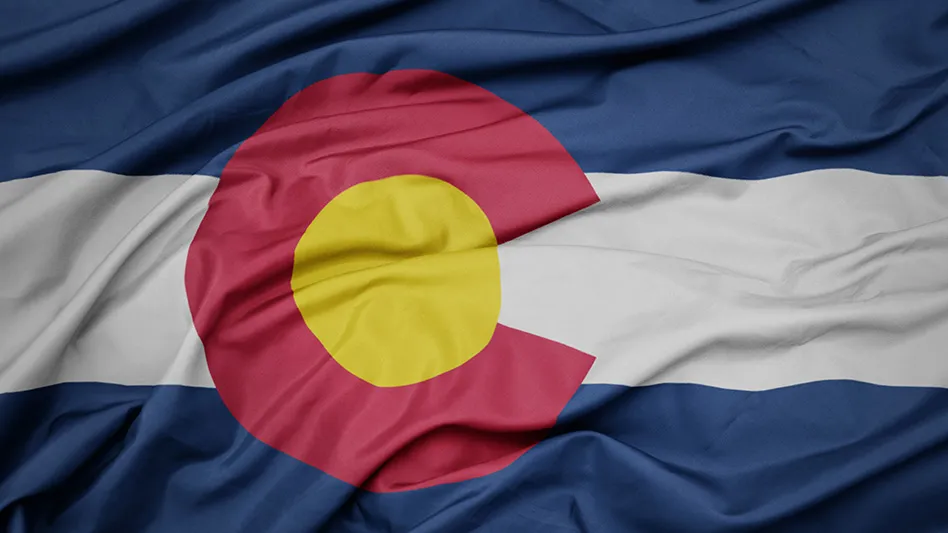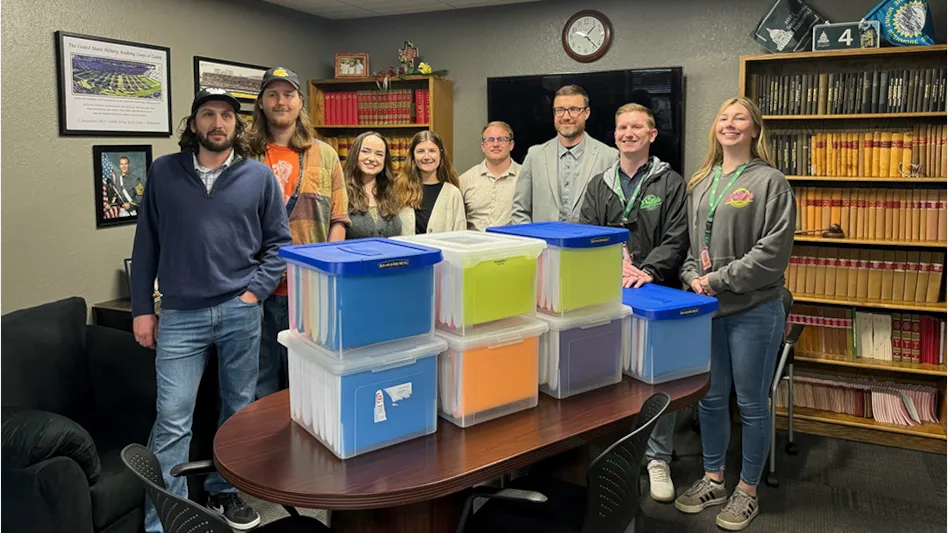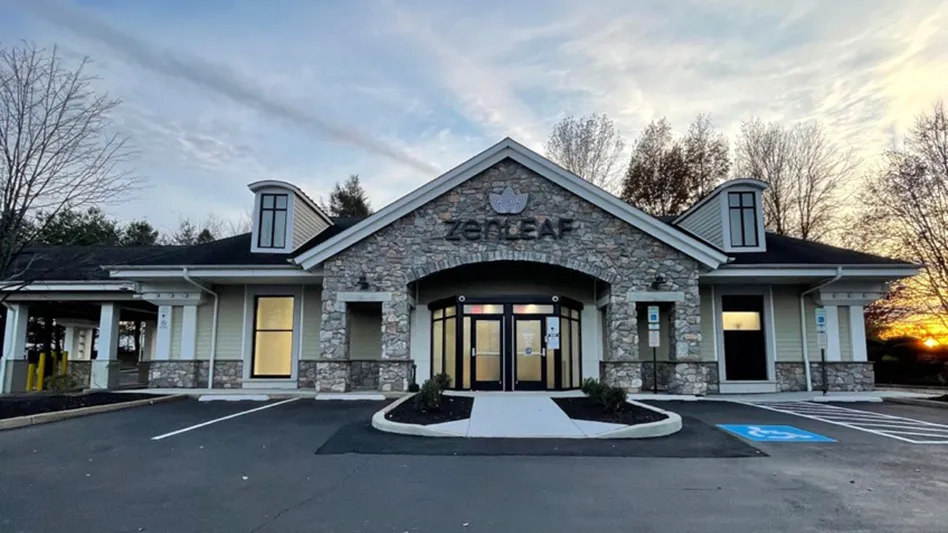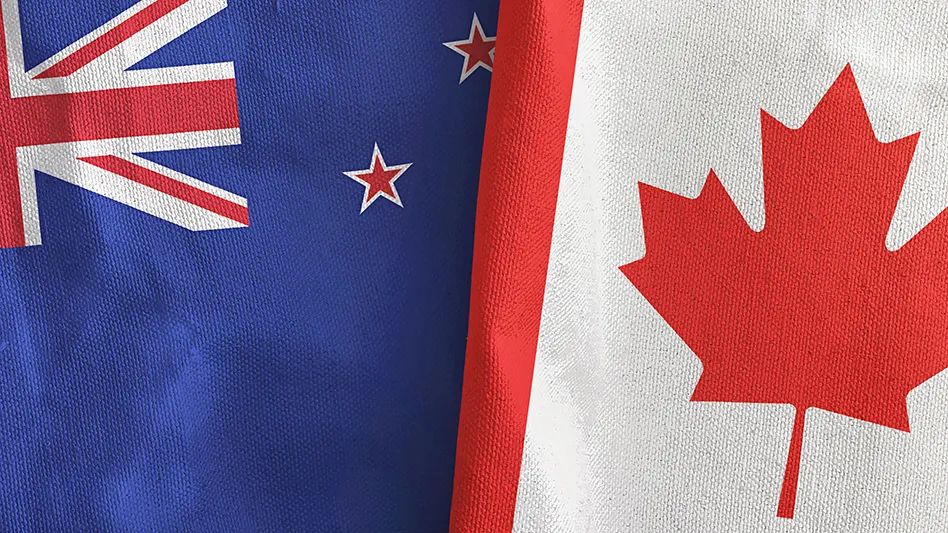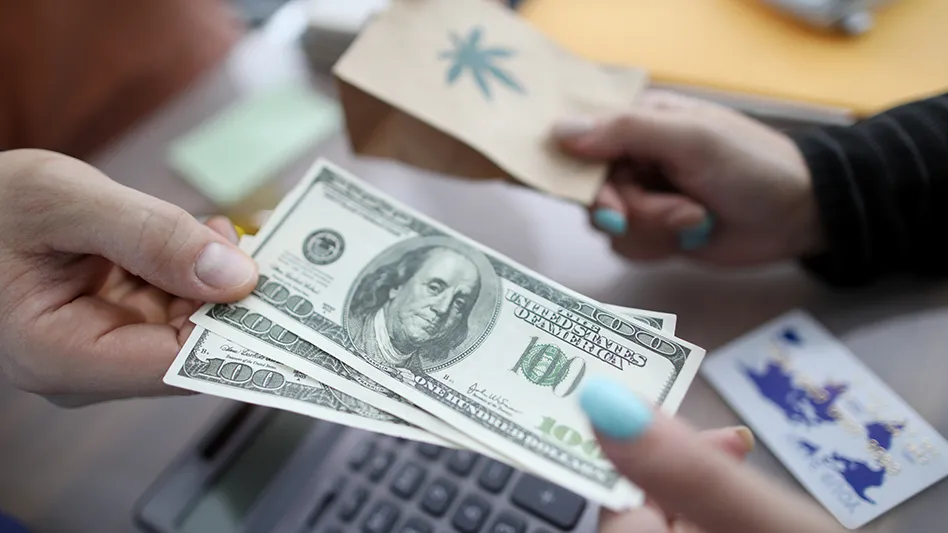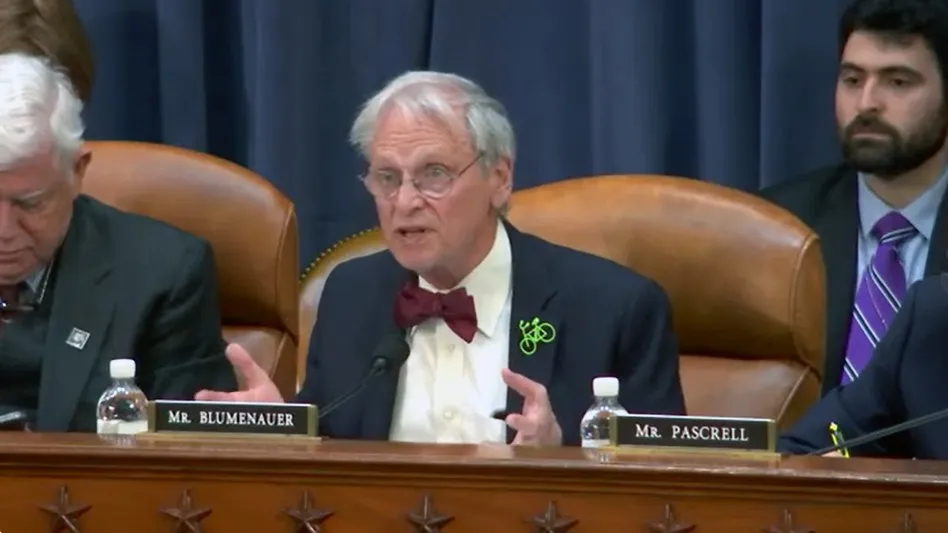
Image courtesy of Wana Brands
Editor's Note: This article was updated March 30, 2022.
In October 2021, Canadian LP Canopy Growth Corporation announced its plan to acquire cannabis-infused edibles company Wana Brands for $297.5 million cash upfront, though the deal hinges upon federal permissibility of cannabis. But Wana is not waiting in the wings. The Colorado-based company, co-founded by CEO Nancy Whiteman, remains independent, has continued to launch new products and has intentions to expand beyond its footprint of 13 state markets.
In addition, Wana announced two pivotal hires on its executive team in March, most recently naming Sandy Li, who previously served as vice president of finance for multistate cannabis operator Parallel, as CFO. Earlier this month, the company announced Kelly Flores’ appointment as chief operating officer, a leadership role she previously had at the cannabis brand dosist.
Three women are now at the helm of one of the largest cannabis companies in an industry where men occupy a vast majority of leadership roles, and the C-suite announcements happened to be made during Women’s History Month. Cannabis Business Times caught up with Whiteman to get an update on what’s happened since the Canopy deal and how she has navigated more than a decade in the cannabis industry.
Editor’s note: This interview has been edited for length and clarity. An except of this interview also will appear in the April issue of CBT.
Michelle Simakis: It has been more than six months since the Canopy Growth deal was announced. Though it’s not final, have there been changes at the company relative to that agreement?
Nancy Whiteman: Yes and no. I’m still running the company. I don’t think things feel especially different here than they did. On the other hand, one of the reasons we signed the deal with Canopy is that we really saw them as a valuable partner to us. They’re much larger than we are so they have a lot of resources that we don’t have. There are a number of things that we can do legally with them still as two separate companies where we can learn what it’s like to work with each other as partners before we’re working with each other as one entity.
MS: What does that look like?
NW: There are things that we can do now to think about how we are going to align for the future. Those are the kinds of discussions we are having now. How do we each continue to add value to each other in ways that make sense now, and how [do we] set up for the future? I can’t be super specific about that.
MS: You announced recently that you hired Kelly Flores as COO, highlighting her consumer packaged goods background, and you also talked in recent interviews about how Canopy could strengthen your distribution once federal legalization happens. Editor’s Note: The interview was after Flores’ appointment was made public but before Wana announced it hired Li as CFO. CBT followed up with Whiteman after the initial interview.
NW: I think that she would have been an amazing candidate and an amazing addition to the company even if the Canopy deal had not taken place. While I think there are some very significant differences between cannabis and the edibles category and CPG category, there are also some things that are similar. Having someone with the strength of Kelly’s background from the CPG perspective, it’s just very helpful to us as we start thinking about, what is the world going to look like post legalization? I think that distribution will look very different than it looks today, and it may have more of a CPG flavor to it in terms of having opportunities to sell in different kinds of distribution channels.
MS: Do you feel a role and/or responsibility to make space for other women in the industry?
MS: What led to the decision to make those changes in the C-suite?
MS: What are the big opportunities?
NW: That [the direct-to-consumer] model, we’re already starting to see it emerge in cannabis, and I think that it will just become stronger and stronger over time. [For example,] will Amazon get into selling cannabis? In some ways there are some things they are doing that may signal a change of policy at some point. I think their recent decision to not have [employees] be drug tested, for example, for cannabis was an interesting and perhaps a leading indicator. At some point in time a regulated environment like a liquor store is actually a real possibility. I think we are going to baby step into all of those things, but the current environment where the vast majority of sales goes through dispensaries is a time-limited model.
MS: What does that mean for the industry?
NW: I think the good thing is that more people will have access to cannabis in controlled and protected environments, which is of course what we want. But, of course, what it’s going to mean is that there will be more competition. More people will enter the marketplace, and so it’s even more important for brands like Wana now to be figuring out what it means to be developing a national footprint and what it means to be a national brand.
There’s sort of an illusion that being an entrepreneur somehow means that you’re fearless or somehow means that you’re confident every moment of the day, and that’s just nonsense. Having moments of anxiety and doubt and fear are just part of the journey.
MS: Some founders build companies with the intention of selling down the road. Did you build Wana with that vision?
NW: Honestly, I wasn’t smart enough to have figured that out. You have to remember 11 years ago, when Wana was founded, the industry was so different than it is now. It really was just a lot of really small players. Whenever you start a business, there’s part of your brain that’s always trying to figure out “what does the end result of this business look like?” I don’t think what I could have anticipated at that time was the rise of the larger cannabis organizations, be it the MSOs in the United States or the LPs in Canada. In the last couple of years … I really started to feel we were going it alone, and trying to grow a small brand on our own was perhaps not the most effective way to grow for the future. The dynamics of the industry had changed sufficiently that I felt aligning Wana with a larger entity made a lot of sense.
MS: Leadership roles in the industry are still very male-dominated. What advice would you have for women who are wanting to build a company from the ground up, as you did? Where do you start?
NW: It will be best if it’s an outgrowth of a real genuine passion and interest in the plant and the industry. It can be a really hard industry, and if there isn’t some sort of bigger picture or bigger mission that you bring to starting the company, it’s hard to stick with this industry sometimes and not get discouraged because there are so many ups and downs with it. So, really tap into that passion that you have for the industry and for the plant.
Certainly, if it’s an edibles company, my advice to everybody, male and female, is make sure you have a really great product that is highly differentiated or as differentiated as you can make it. The industry has become highly competitive, and I think the time of “me too” product has largely come to an end. In brand new markets, there’s still probably room for brands to get a foothold, but it has become harder to get into the industry. Don’t worry about how beautiful your packaging is. Make sure you have something really great. This is quite a male-dominated industry, and it’s important for women to resource themselves with relationships and connections and partnerships in general but also specifically with other women. I think that there’s just a tremendous power and a lot of incredibly talented women in this industry. Make sure that you are meeting them and cultivating those friendships and those partnerships and looking to add value to each other. I think that’s just critically important for women to get the support from other women to keep going because sometimes it can be hard.
MS: You’ve noted before in other interviews the importance of normalizing the fact that leaders struggle and being up front about that.
NW: There’s sort of an illusion that being an entrepreneur somehow means that you’re fearless or somehow means that you’re confident every moment of the day, and that’s just nonsense. Having moments of anxiety and doubt and fear are just part of the journey. And I think that normalizing that and letting people know that there’s nothing wrong with them or what they’re doing because they are feeling those things is really, really important. They should just be focusing on the support systems that allow them to be resilient and allow them to be persistent and allow them to move forward rather than holding themselves up to some absurd standard of what an entrepreneur is supposed to be like.
MS: Is there a specific moment you can share in your journey that was the most challenging?
NW: When we first started Wana, a lot of those moments came from external things. Major regulatory changes were pretty commonplace every six months. [There was] no third-party testing, which in fact we did right from the get-go. There was no childproof packaging, no having to imprint the product with the THC logo. There were no constraints on whether the product had been grown using pesticides, for example. It seemed like every couple of months, some new regulatory changes came into play, and for little companies just getting their hold in the marketplace, it was really hard to keep up with that. Lots of companies just dropped out along the way. So, we didn’t have seed-to-sale tracking initially in Colorado, so a lot of the newer markets came on board with many of the regulations that we had to adapt to along the way. And then as we began our market expansion, [we had to decide] how do we choose the right partners? How do we choose the right model? Those were also times when I was awake at 3 o’clock in the morning, looking at the ceiling, wondering, “Gosh, why did I make that decision? That was such a dumb thing to do.” There have been a lot of those moments through my tenure with Wana.
MS: When you think of those sleepless nights, what specifically was keeping you up?
NW: The one that pops into my mind is actually Nevada, where we have just relaunched for the third time in the last several months. Now we’re back in the market with a great partner and doing extremely well, but that’s probably my most extreme example of a market that was really rocky and took some work to get it right. We were out of market for maybe a year and half, two years before we reentered [after the second attempt], so sometimes it takes a while to get it right.
I do think that this is one of those corny things that people say but it’s true, that you really do learn the most from your mistakes. You learn the most both practically as a businessperson, but also just emotionally, you have the resilience to get through hard situations and come through on the other end.
Latest from Cannabis Business Times
- Cannabis Rescheduling: Where Do We Go From Here?
- Verano Opens MÜV Haines City, Company’s 75th Florida Dispensary
- Ascend Wellness Holdings Reports $142.4M Net Revenue for Q1 2024
- Trulieve Reports $298M in Revenue for 1st Quarter 2024
- SNDL Reports 1st Quarter 2024 Financial, Operational Results
- Leading Cannabis Brand STIIIZY Expands Retail Presence With Fresno Location Opening Saturday, May 11
- The Cannabist Co. Reports 1st Quarter 2024 Results
- Green Thumb Reports $276M Revenue for 1st Quarter 2024
